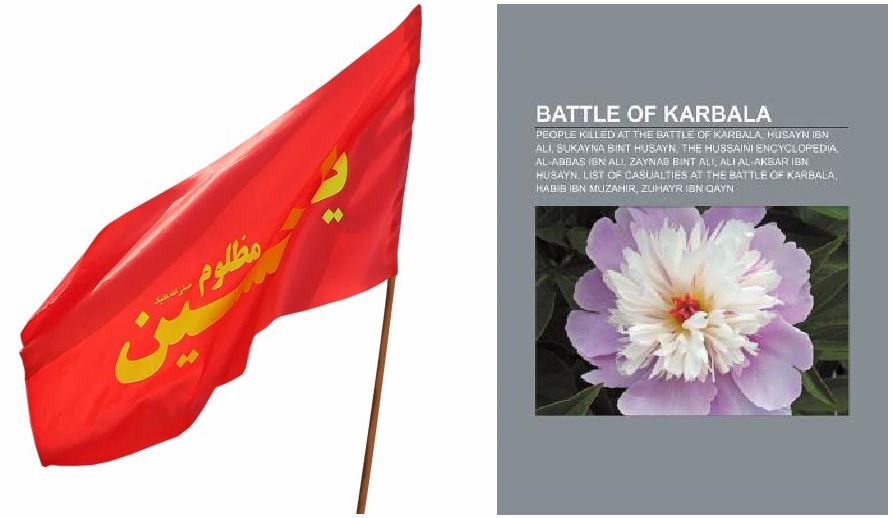By Books LLC
The Battle of Karbala took place on Muharram 10, in the year 61 of the Islamic calendar (October 10, 680) in Karbala, in present day Iraq. On one side of the highly uneven battle were a small group of supporters and relatives of Muhammad's grandson Husain ibn Ali, and on the other was a large military detachment from the forces of Yazid I, the Umayyad caliph, who Husain had refused to recognise as caliph.
Husain and all his supporters were killed, including Husain's baby son, and the women and children were taken as prisoners. The dead are regarded as martyrs by Shi'ah Muslims, and the battle has a central place in Shi'ah history and tradition, and has frequently been recounted in Shi'ah Islamic literature.
The Battle of Karbala is commemorated during an annual 10-day period held every Muharram by the Shi'ah as well as many Sunnis, culminating on its tenth day, Ashura.
The rule of the third Caliph Uthman ibn Affan concluded with a violent uprising. This uprising ended with the assassination of Uthman and for many days rebels seized and occupied the city of Medina. Under the overwhelming pressure of the Ummah, Ali ibn Abu Talib was elected as the fourth Caliph with massive numbers of people swearing their allegiance to him. His immediate steps were to ensure the unity of Muslims. He issued the orders of not attacking the rebels.

